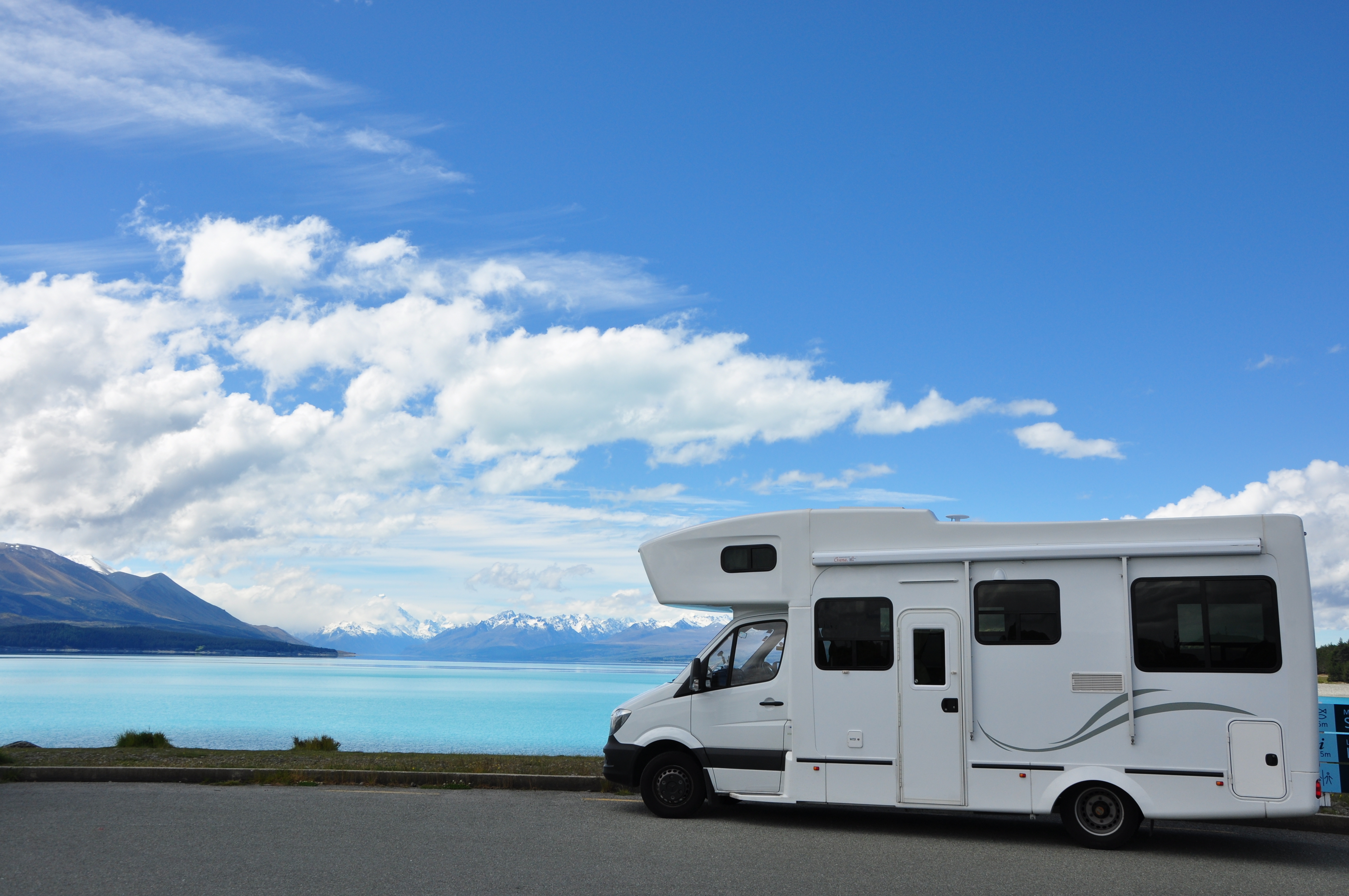
Is RV Insurance Cheaper Than Car Insurance?
Tuesday, December 12, 2017
From quaint seaside towns on the Atlantic seaboard, to the towering peaks of the Rocky Mountains, America is just waiting to be discovered. There may be no better way to explore the vastness of our great country than by traveling in your own recreational vehicle.
Traveling on the open road in an RV provides an unmatched sense of freedom. Whether cruising from place to place in a modest B Class motorhome, to spending weeks under star filled skies in a massive, 40-foot-long motor coach, all RV owners do share one thing in common.
The First Adventure
One of the first steps every RV owner needs to take is exploring the insurance market for affordable coverage. With more and more insurance companies entering the marketplace, finding quality and affordable coverage has become easier than ever.
Like car insurance, underwriting your insurance premium will be impacted by your driving record, credit score, and other rating elements. But the type of recreational vehicle you purchase and the coverages you obtain will be the primary determining factor in your insurance premium.
Size Matters
Your recreational vehicle is essentially a home on wheels. Homeowner’s insurance rates use the square footage and construction of the home to develop a premium. Recreational vehicles, on the other hand, are measured by their length and type of vehicle.
On the smaller side, van-like Class B motorhomes typically have the lowest insurance costs of RVs which have their own engine. Less than 25 feet in length, Class B motorhomes can reach price tags approaching and exceeding $100,000. However, premiums based on a per-foot basis only are lowest in this category.
The mid-sized Class C motorhomes, identifiable by having a grandma’s attic above the driver’s cabin, will see premiums slightly higher than their smaller counterparts. Again, how well the vehicle is outfitted and its length will determine overall insurance pricing.
Although there are short Class A motor coaches, these behemoths are often the size of tour buses. And because many are powered by strong, diesel engines in the rear, insurance premiums can soar into the thousands of dollars each year.
Special Coverages
Nearly every type of insurance policy has additional coverage endorsements available. RV insurance is no different and will play an important role in how much you will pay for insurance. Although many additional coverage options will add to your bottom line, carefully consider which options you purchase and reject.
One of the biggest mistakes RV owners make is failing to purchase coverage for personal effects. Sightseers will bring expensive camera and computer equipment while others simply wish to have their favorite French press on board. In either case, don’t assume your homeowners’ insurance will make you whole if your items are stolen or destroyed in an accident.
Most travelers have heard of trip insurance. Usually, this coverage is offered when booking flights and hotel rooms in far-flung corners of the world. But just because you are traveling in your own road coach doesn’t mean this coverage should be overlooked. If an emergency occurs in your RV, especially when you are far from home, trip insurance can provide coverage for medical and travel expenses to get you home safely.
And if you are like many RV explorers, you would never think to leave your furry friend behind. For your pet, costly vet bills can be covered with pet insurance when away from your local veterinarian. You can also consider obtaining liability coverage, just in case your pup bites a fellow traveler.
RV Insurance and Your Budget
For the average RV owner, insurance for recreational vehicles does tend to be less expensive than an automobile’s. They may be bigger with all the amenities of a home, but insurance companies have found there is less risk associated with an RV.
Owners of recreational vehicles tend to not only be older, but also more experienced drivers. For younger drivers, the RV is a family affair. In both instances, more caution is typically used when heading down the highway.
Finally, recreational vehicles are not on the roads as often as your daily driver. This further reduces the exposure to insurance companies and helps keep premiums lower.
So, while your RV insurance premiums may be less than first expected, before you walk onto your local RV lot, contact an insurance agent to review your options. Understand how the type, size, and use of your new vehicle will impact your premium and your budget.
If you want to find out more, please contact our team at ProtectiveAgency.com or call (877) 739-9367. Our licensed insurance agents will be happy to answer any questions you have.
